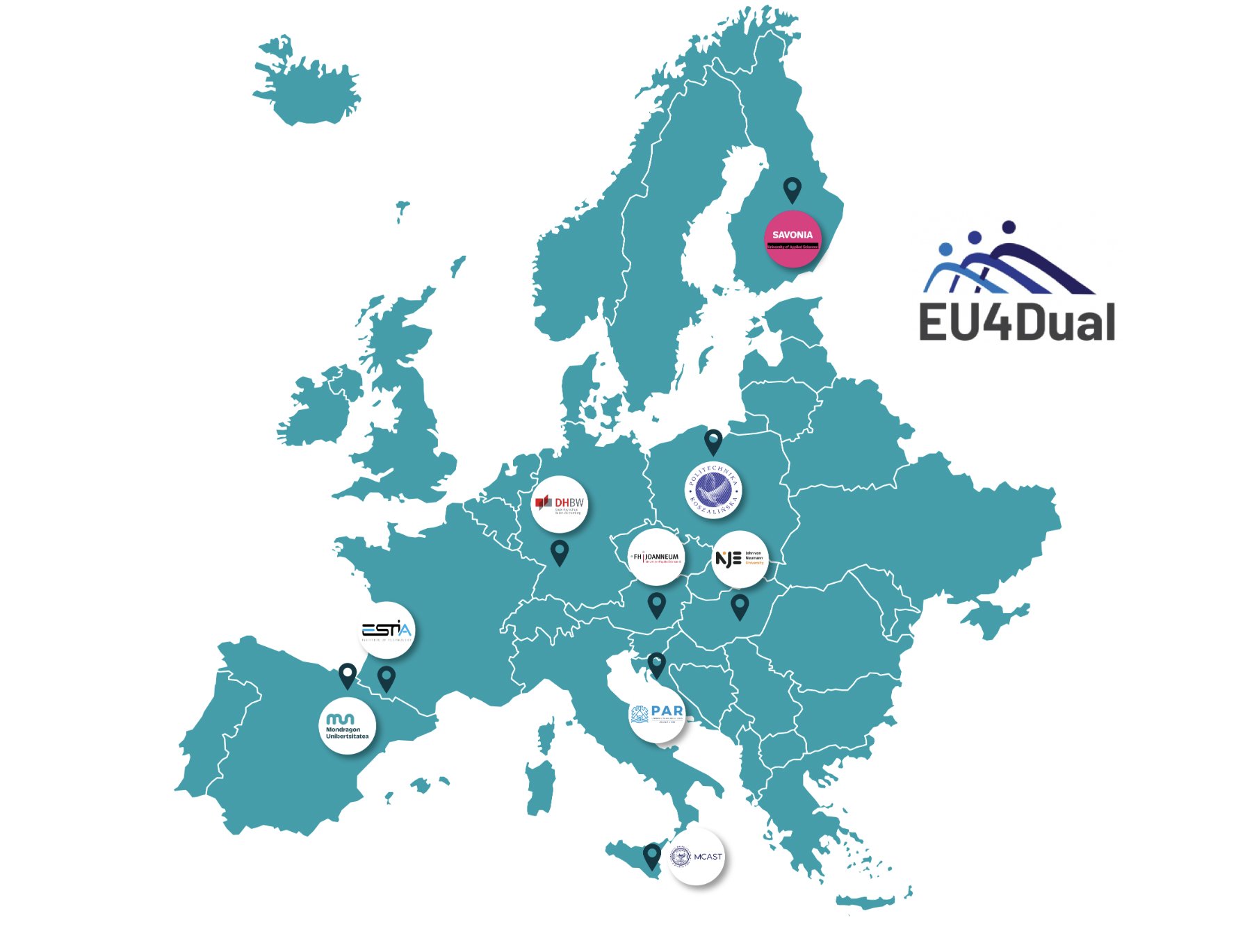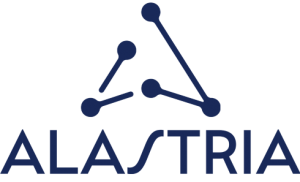If the current difficult situation is teaching us anything, it is the need for collaboration between public and private agents to promote the growth of our economy through new businesses and the importance of promoting digitalization in all sectors.
Entrepreneurship has been a core part of the economic history and evolution of the business fabric of the Basque Country and, therefore, of the way our companies are made. From wooden shipbuilding, through bicycles and sewing machines or, more recently, aerospace. However, the promotion of technological entrepreneurship does not consist only of a mechanism for the creation of companies and the generation of qualified employment, but has also proven to be a catalyst for the transformation of companies and sectors considered traditional. We are increasingly seeing cases of large and medium-sized companies investing and collaborating with startups as a means of rapidly incorporating advanced technologies. Initiatives that, thanks to a well-understood globalization, put startups from all over the world in contact with tractor companies, allowing to accelerate digital transformation processes of corporations that, otherwise, would have taken much longer and effort to achieve similar results.
On the other hand, the world is already immersed in the “Digital Decade”, characterized by the rapid extension of digitalization in all orders of activity, due to the combination of physical and virtual space and, above all, the emergence of new opportunities for innovation and economic growth originated in the growing “datificación” of society. Through numerous technological levers, with application in different sectors, an increase in the performance of the administration, companies and society as a whole is sought, to give a better response to the complex changes of the environment. Specifically, we are talking about Artificial Intelligence, Connectivity-5G, Cybersecurity, Interoperability, Data Strategy, Quantum Computing or Digital Skills. It is necessary a qualitative leap that joins efforts through concrete projects that, because they are transversal and involve many agents, are the basis of our Digital Transformation.
In short, the momentum of Entrepreneurship has proven to be a catalyst for Digital Transformation and vice versa. Both thus become fundamental instruments to develop new products and solutions that provide greater added value and improve the competitive position of the industry, in our case, Basque.
However, a good part of the success of both transformations rests with the people. Entrepreneurship and Digital Transformation must also be tools to contribute to reducing the inequalities that many of our territories suffer, as well as to produce a more inclusive growth that generates new opportunities for social and economic development. In other words, they are fundamental elements to contribute to SDG 10 of the United Nations 2030 Agenda, the one on the Reduction of Inequalities.
In this context, the role of governments is also critical. We are required to have an entrepreneurial attitude for the active listening of the needs and the agile attention of them, the anticipation and exploration of the future to detect new opportunities, the constant experimentation of new models and formulas, the impulse to sectors and projects of the future, the efficient and responsible use of the tools at our disposal (regulations , fiscal, financial, public procurement,…), and the permanent strengthening of our ecosystem to favor “things to happen”. All this, in a synergistic coexistence with other institutions (multilevel) and private initiative.
Although we have been working on it for a long time, in the Basque Government we believe that now is the right time to, through the Entrepreneurship-Digital Transformation binomial, take a step forward and lead the social, economic, industrial and sustainability transformation that allows our country to be among the leading positions in economic and human development in the world.













